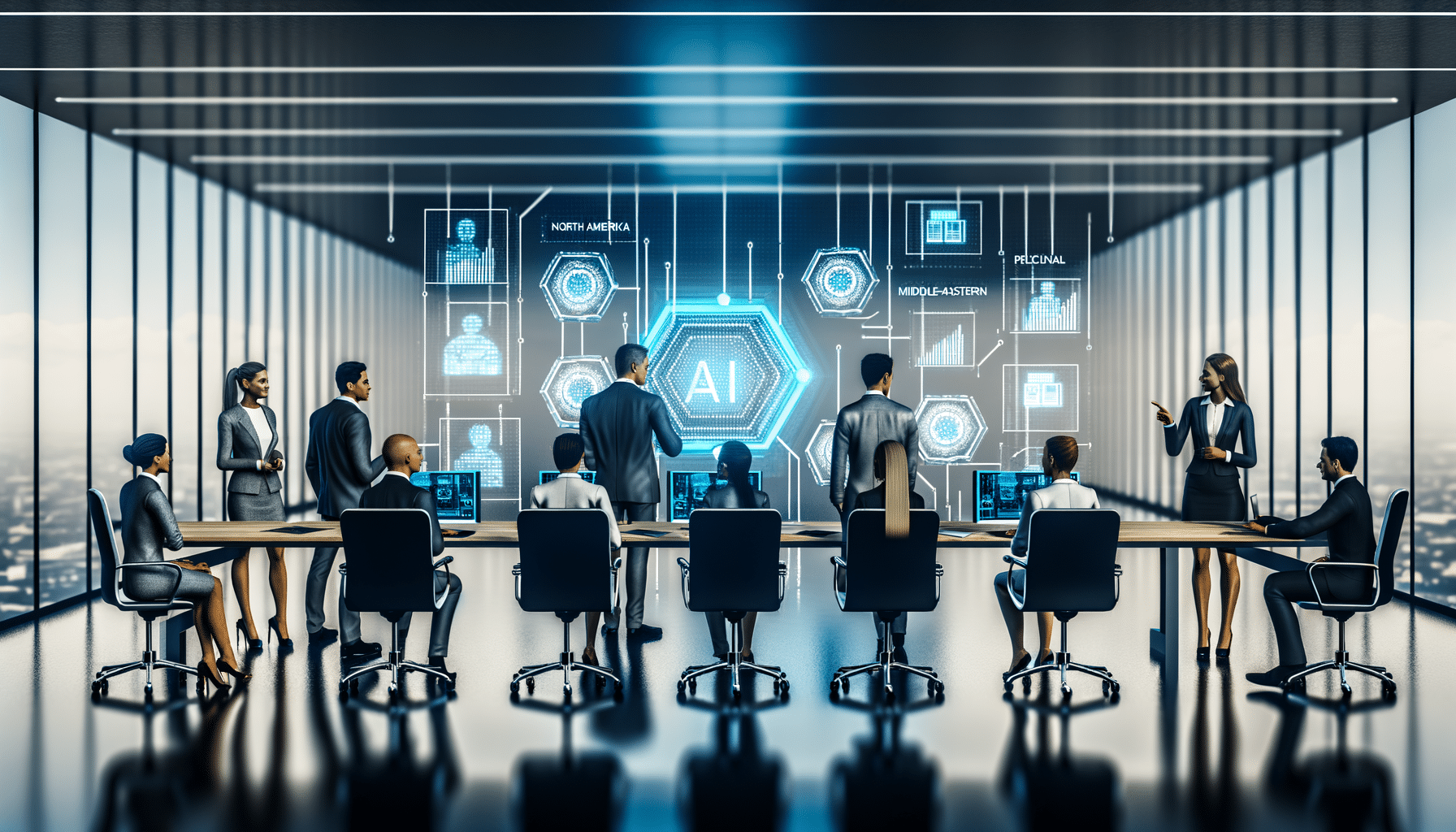Revolutionizing Due Diligence with AI in Corporate Mergers
When it comes to corporate mergers and acquisitions (M&A), the meticulous process of due diligence can often be the most daunting. The complex task of sifting through mountains of data, financial records, legal documents, and compliance paperwork is a process that requires both precision and time—elements that can easily escalate costs and delay outcomes. But what if there was a way to streamline this traditionally painstaking process?
Enter AI into the arena of due diligence in corporate M&A, transforming an intricate dance into an orchestrated symphony. In this article, I will unpack how AI has revolutionized due diligence, turning a cumbersome undertaking into a streamlined operation with enhanced accuracy and speed.
The Pain Points of Traditional Due Diligence
Before the advent of AI, due diligence was heavily reliant on manual processes involving an army of legal and financial professionals. Each document needed to be reviewed with a fine-tooth comb to identify potential risks and ensure compliance. The traditional approach came with several pain points:
- Time-Consuming: Each stage of due diligence required extensive hours to complete, often leading to increased labor costs and delays.
- Error-Prone: Human involvement in a repetitive and data-heavy task increases the likelihood of oversight and mistakes.
- Resource Intensive: Deploying a large team for document review and data analysis incurs substantial financial and operational resources.
AI-Powered Solutions Transforming Due Diligence
With the power of AI, due diligence for corporate mergers has entered a new era. Here’s how AI brings transformation in M&A processes:
1. Enhanced Data Processing
AI algorithms excel in processing vast amounts of data far beyond human capabilities. By utilizing machine learning, AI evaluates patterns, spot anomalies, and flag potential risks with remarkable accuracy. This capacity not only accelerates the analysis process but also enhances precision, reducing the risk of missing critical information.
2. Streamlined Document Review
Through natural language processing (NLP), AI systems can understand and classify documents, extracting pertinent information efficiently. Automating document review not only saves time but also ensures that every document gets the attention it deserves without human oversight bias.
3. Improved Compliance Checks
Keeping up with continuously evolving regulations is a formidable challenge. AI’s ability to adapt to changes without significant manual input allows for real-time compliance checks against updated legal and industry standards. This capability minimizes compliance risks and expedites the verification process.
Reaping the Benefits: Efficiency and Accuracy
The integration of AI in the due diligence process results in a plethora of benefits for companies involved in M&A:
- Reduced Costs: By minimizing the manual workload, AI reduces labor costs and the potential for financial miscalculations.
- Faster Turnaround: Expedite deal timelines with AI’s capability to crunch through data at a lightning pace.
- Increased Accuracy: Reduce human error and reliance on large-scale teams with AI’s robust analytical tools.
- Better Resource Allocation: Allow internal teams to focus on strategic tasks rather than mundane data entry and analysis.
Looking Ahead: The Future of AI in M&A
The role of AI in corporate M&A is just beginning to unfold. As machine learning and AI technology continue to advance, their integration in the due diligence process will become more ubiquitous, offering increasingly sophisticated tools for risk assessment, valuation, and strategic planning.
The use of AI for due diligence isn’t just a trend; it’s a strategic advantage changing how companies can execute M&A with both confidence and speed. By embracing AI, organizations can ensure they are not only keeping pace but leading the charge in an ever-competitive marketplace.
Final Thoughts
As someone deeply embedded in the technological solutions industry, I am excited to witness firsthand the transformative power of AI on traditional corporate practices. Embracing AI-driven due diligence does not just represent an operational improvement—it represents a paradigm shift toward smarter, more efficient business practices. For anyone involved in corporate M&A, the question is no longer if AI should be brought into the process, but how fast we can integrate it.
To delve further into how innovative tech solutions can elevate your business operations, continue following my insights as we navigate this exciting intersection of AI, corporate evolution, and strategic advantage.
